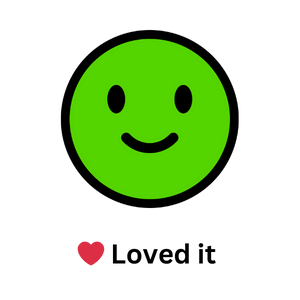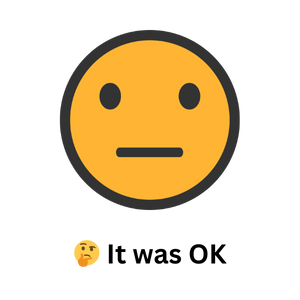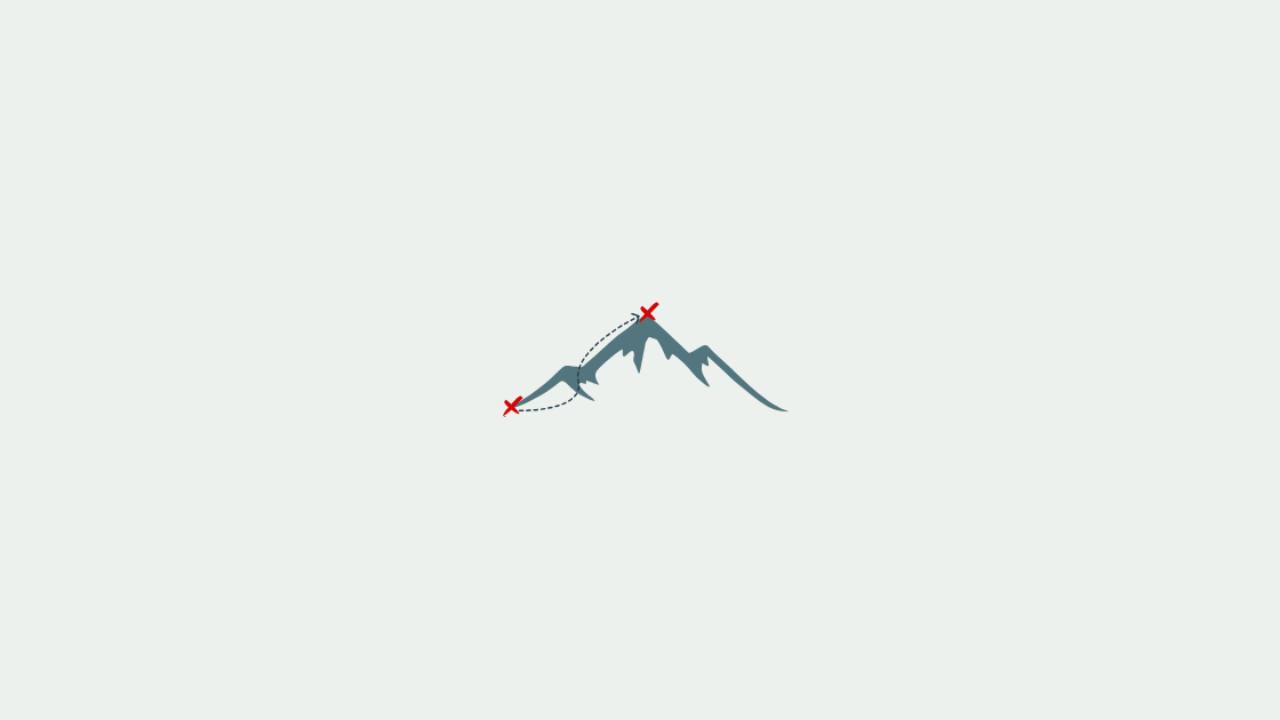#60 The Willpower to Leave Work at Work
Categories
burnout career development change community confidence connection decision-making empathy energy fitness focus growth habits health influence journaling leadership meditation mentalhealth mentorship mindfullness mindset negotiation networking perfectionism performance personal growth productivity purpose relationships resilience rest stress teamwork time management transitions trust wellness willpower
Hey, it’s Rafic.
Welcome back to this week’s edition of Peak Performance Insider.
When I worked in oil and gas, the shifts were long and demanding. But when you clocked out, that was it. Nobody bothered you. Work was officially over for the day.
At least on paper.
In reality, I’d lie in bed in my hotel room near the the well site, still wired. My mind would run through everything that happened:
-
Did I leave enough detail in my notes for the next engineer to run the shift smoothly?
-
What if I missed something safety-critical?
- Did I forget to order chemicals or sand?
-
What if the client noticed something we didn’t?
Work was done. But I wasn’t.
This challenge has two parts.
-
Sometimes the problem is external - your phone buzzing, messages coming in, colleagues reaching out when you’re supposed to be off.
-
Other times, it’s internal - your brain replaying the day, overthinking everything you did or didn’t do.
Both pull you back into work when what you really need is recovery.
📌 Today’s Agenda
✅ Why leaving work at work takes more willpower than staying on
✅ The difference between external pulls and internal overthinking
✅ Practical ways to protect your off-hours energy without resentment
✅ Why boundaries aren’t selfish - they’re leadership in action
First time reading?

🔗 Best Links - My Favorite Finds
🧠 Personal Growth & Mindset
🔹 Tiny Buddha: The Strength I Found Hidden in Softness – Why strength doesn’t always mean pushing harder, and how softness can actually be a source of resilience.
👥 Leadership & Influence
🔹 Fast Company: How to Handle a Bad Boss – Practical approaches to leading yourself well when leadership above you isn’t ideal.
📈 Productivity & Habits
🔹 Inc: Elevate Your Leadership with 5 Daily Habits – Five simple practices that compound into better performance and productivity.
💪 Health & Wellness
🔹 Peter Attia MD: Calorie Restriction and Lifespan – A scientific look at how calorie restriction impacts longevity and metabolic health.

✍️ Deep Dive: Why Shutting Off Takes Willpower
Leaving work at work sounds simple. But in practice, it’s one of the hardest forms of willpower.
Because it’s not about resisting temptation - it’s about resisting responsibility. And responsibility doesn’t clock out when you do.
⏰ When “Just One More” Never Ends
We all know the drill. You’re packing up for the day and then…
-
“Hey, do you have two minutes?” at 4:55 p.m.
-
“Not urgent, but…” landing in your inbox as you’re closing the laptop.
-
A late-night Slack or Tems ping that you feel guilty ignoring.
None of these are emergencies. But together, they create a culture where off-hours don’t exist. You end up giving your best energy to someone else’s timing instead of to your recovery. Over time, that erosion costs more than it gives.
🧠 The Mind That Won’t Clock Out
Even if nobody messages you, the harder battle is often inside your own head.
You replay conversations. You second-guess calls you made. You wonder what you forgot to mention in a handoff or whether tomorrow will bring fallout from today’s decisions.
In logistics, operations, or any high-stakes environment, the stakes amplify this. One missed detail can ripple into safety, client trust, or lost revenue. No wonder the brain doesn’t switch off easily. But staying “always on” doesn’t prevent mistakes - it makes them more likely.
⚡ The Silent Cost of Carrying Work Home
It’s not the late-night email or the quick Slack reply that hurts most. It’s what they steal: recovery.
Every time you give in to an external pull or spiral into an internal loop, you’re trading tomorrow’s clarity for tonight’s stress.
That trade compounds. You start the next day with less patience, less energy, less perspective. And when recovery shrinks, so does willpower. That’s when leaders snap at their teams, overlook details, or make reactive choices they regret.
🚪 Boundaries Are Leadership, Not Luxury
It’s easy to frame boundaries as selfish - “I don’t work after five.” But the truth is, boundaries are discipline. They’re a professional skill.
When you draw the line, you’re not only protecting yourself - you’re modeling what sustainable leadership looks like. You show your team it’s possible to be committed without being consumed.
And here’s the paradox: leaving work at work doesn’t diminish your performance. It sharpens it. The more you recover fully, the more effective you’ll be when you step back in. Boundaries don’t weaken leadership. They sustain it.
🚀 Practical Ways to Leave Work at Work
✅ Set expectations before you leave. Handoffs, notes, and clear escalation rules reduce late-day “quick ones.”
✅ Differentiate urgent from important. Ask: Does this need to happen now, or can it wait? Most of the time, it can wait.
✅ Create a shutdown ritual. Write tomorrow’s top 3 priorities, close the laptop, and physically step away. Train your brain that the day is done.
✅ Protect transition time. Build a buffer - a walk, a workout, even 10 minutes of silence. The commute used to do this for us. Now we have to create it.
✅ Anchor your evenings. Protect something meaningful - family dinner, exercise, downtime. Boundaries are easier when you’re holding space for what matters.
⚡️ Work With Me
I’ve lived this across industries - oil & gas, e-commerce logistics, and operations. The pressure doesn’t stop just because the clock does.
I also partner with clients who feel “always on” - reachable, thinking about work, even after hours. In our coaching, we co-create small, workable practices that fit their context and values. Not out of defiance - out of discipline and choice.
Because leaving work at work isn’t about caring less. It’s about caring wisely.
👉 If this resonates and you’d like a confidential conversation to explore what boundaries could look like for you, I’m here.
📩 Hit reply or email rafic@profoundliving.ca. Share what’s on your mind; we’ll decide together whether coaching is the right next step for you.

🎯 That's a Wrap
The hardest willpower challenge isn’t saying no to dessert or distractions.
It’s saying no to work when every part of you wants to keep holding on.
The leaders who last aren’t the ones who give work every hour. They’re the ones who protect enough energy to show up tomorrow - and for everything outside of work that matters just as much.
Until next time,
- Rafic

🗳 How did you like today's newsletter? Click an image below to share your thoughts!
(Or just hit reply and let me know!)






